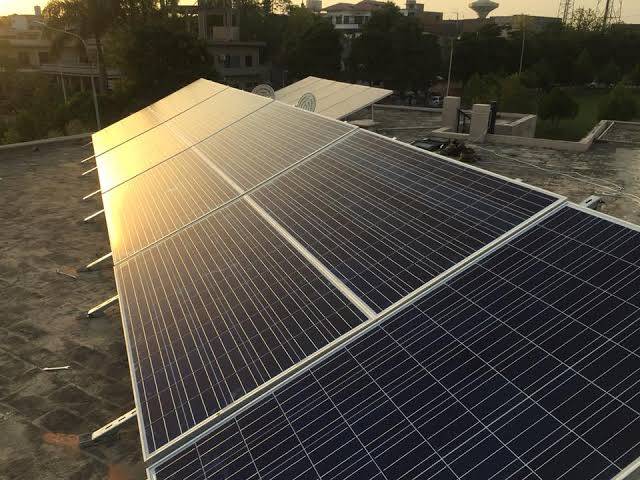Pakistan government mulls new discouraging regulations on solar panels
Shares

The adoption of solar panels in homes across the nation has had a profound impact on the landscape of electricity supply and billing. However, this widespread shift in energy sources has given rise to fresh concerns that ripple through both residential users and the solar panel industry as a whole.
Individuals who have embraced solar panels not only face the prospect of higher electricity bills but also find themselves in a precarious situation where the future of solar panel sales across the country hangs in the balance.
Initially, the government had set an ambitious goal of transitioning 30% of the country's electricity generation to renewable sources by 2030. This endeavor hinged significantly on encouraging consumers to install solar panels in their homes. The pivotal moment arrived in 2015 when the National Electric Power Regulatory Authority introduced the net metering policy, which expedited the adoption of solar panels throughout the nation.
However, as countless households embraced solar panels, the government is now contemplating a policy shift that could potentially render the substantial investments made in solar panel installations obsolete. This impending change not only threatens homeowners but also has the potential to disrupt businesses involved in solar panel manufacturing.
One of the key elements of the net metering policy had allowed users to sell excess electricity back to the government. Unfortunately, this well-intentioned provision inadvertently resulted in complications for the government, such as the inflation of per-unit electricity costs provided by Independent Power Producers (IPPs)
